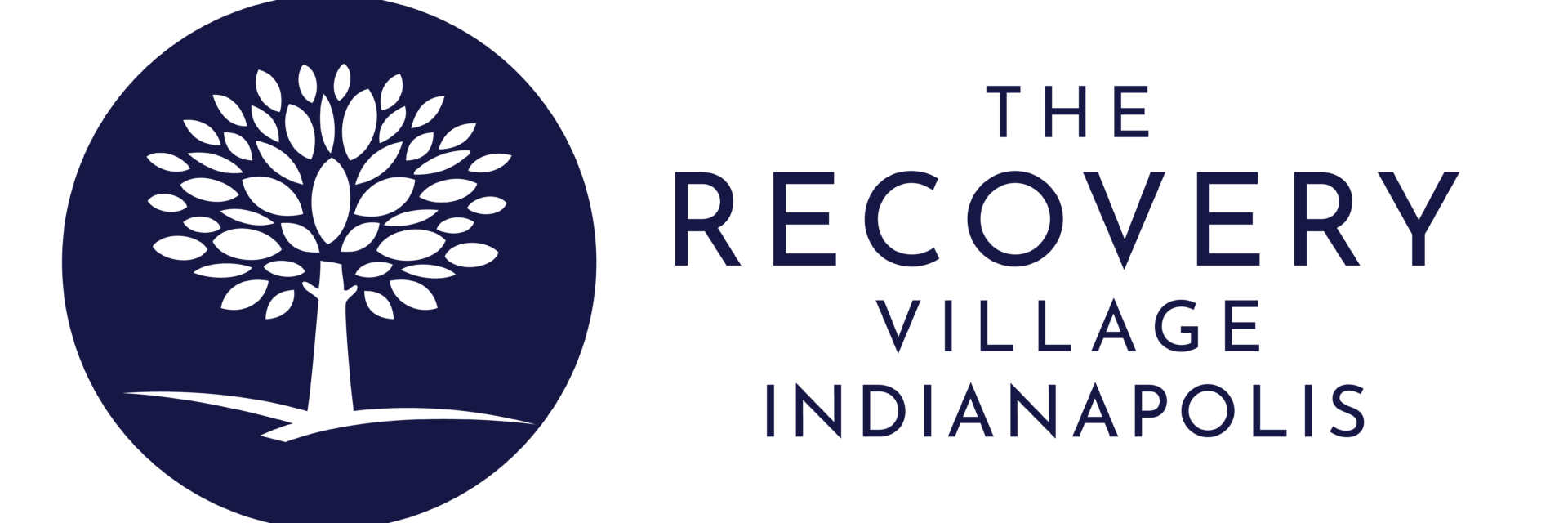Prescription Stimulant & Amphetamine Addiction: Types, Symptoms & Recovery
Written by Brennan Valeski
& Medically Reviewed by Dr. Jessica Pyhtila, PharmD
Medically Reviewed
Up to Date
Editorial Policy
The Editorial Team at The Recovery Village Indianapolis fact-checks, reviews, edits and continuously updates content we publish on this website.
View our editorial policyStimulants, often used for ADHD, can lead to addiction. But don’t worry, help is available.
Stimulants, like those used for conditions like ADHD, can be helpful when taken as prescribed. However, misusing them can lead to addiction. If you or someone you know is using stimulants and showing signs of addiction, it’s essential to understand the treatment options.
Understanding Stimulants
Stimulants are substances that speed up the brain and body by increasing neurotransmitters like norepinephrine and dopamine. Norepinephrine, also known as noradrenaline, triggers the fight-or-flight response, while dopamine activates the brain’s reward system. This makes stimulants highly addictive, with many classified as Schedule II controlled substances due to their abuse potential.
Types of Stimulants
Stimulant medications come in various forms. While some treat ADHD, others address conditions like shift-work disorder or narcolepsy. Stimulants include:
- Armodafinil (Nuvigil)
- Cocaine
- Dexmethylphenidate (Focalin)
- Dextroamphetamine and Amphetamine (Adderall)
- Khat
- Lisdexamfetamine (Vyvanse)
- Methamphetamine
- Modafinil (Provigil)
- Pitolisant (Wakix)
How Stimulants Affect the Brain
Stimulants boost dopamine and norepinephrine production in the brain. Dopamine activates the brain’s reward system, while norepinephrine triggers the fight-or-flight response. Stimulants are often prescribed for conditions like ADHD, where increased dopamine and norepinephrine can help address underlying issues.
Common Stimulant Misuse
Misuse of stimulants is widespread, with about 10.3 million Americans misusing them in 2020. Adults aged 18 to 25 were particularly at risk. Of this population:
- Approximately 3.3 million people misused cocaine.
- About 3.3 million people misused prescription stimulants like Adderall and Vyvanse.
- Around 1.5 million people misused methamphetamine.
- Approximately 1.5 million people misused more than one type of stimulant.
Recognizing Stimulant Abuse
Stimulants can lead to various side effects when abused, such as:
- Dizziness
- Tremors
- Headache
- Flushed skin
- Chest pain
- Palpitations
- Sweating
- Vomiting
- Stomach cramps
- Agitation
- Hostility
- Aggression
- Panic
- Psychosis
Stimulant Withdrawal and Detox
Withdrawing from stimulants involves several stages, but specifics can vary based on factors like the stimulant used, individual differences, and the extent of use. Here’s a typical withdrawal process:
- Crash: After intense use, many short-acting stimulants lead to a crash, marked by extended periods of tiredness and extra sleep. It’s unclear whether long-acting stimulants cause a similar crash as shorter-acting ones.
- Comedown: Following a crash, people often experience a comedown phase, which brings exhaustion and mood swings.
- Withdrawal: Withdrawal symptoms typically start within a few days of quitting stimulants. Most symptoms go away within two weeks, but some may persist, especially for long-term users.
Withdrawal symptoms include:
- Feeling down
- Restlessness
- Changes in sleep patterns
- Vivid or troubling dreams
- Increased appetite
- Slower thinking
- Feeling tired
- Physical issues
For those who’ve used high doses of stimulants for a long time, there’s a greater risk of severe withdrawal symptoms, such as:
- Confusion
- Extreme mistrust
- Chaotic thinking
- Seeing or hearing things that aren’t there
These severe withdrawal symptoms can be dangerous, so medically supervised detox is the safest way to quit stimulants, especially for long-term, high-dose users.
Treating Stimulant Addiction
Overcoming stimulant addiction can be challenging, but medical support during detox can help manage withdrawal symptoms. Following detox, rehab involves therapy to address the root causes of addiction and develop strategies for a stimulant-free life.
Choose Us For Your Recovery Journey
The Recovery Village Indianapolis is a premier addiction treatment facility in Indiana, committed to delivering top-tier, evidence-based care. It’s time to get your life back. Call (317) 754-7784 to talk to a Recovery Advocate today.
Seek Help Today
If you or a loved one struggles with stimulant abuse and addiction, you’re not alone. The Recovery Village Indianapolis Drug and Alcohol Rehab offers assistance for stimulant addiction, paving the way to a healthier, drug-free future in recovery. Contact our Recovery Advocates today to explore treatment programs tailored to your needs.
Sources
Drug Enforcement Administration. “Controlled Substances.” November 30, 2023. Accessed December 5, 2023.
Gold, Mark S.; Blum, Kenneth; Oscar-Berman, Marlene; Braverman, Eric R. “Low Dopamine Function in Attention Deficit/Hyperactivity Disorder: Should Genotyping Signify Early Diagnosis in Children? Postgraduate Medical Journal, January 2014. Accessed December 5, 2023.
Substance Abuse and Mental Health Services Administration. “Key Substance Use and Mental Health Indicators in the United States: Results from the 2020 National Survey on Drug Use and Health.” October 2021. Accessed December 5, 2023.
Drug Enforcement Administration. “Drug of Abuse.” April 2020. Accessed December 5, 2023.
Foundation for a Drug-Free World. “The Truth About Crystal Meth.” Accessed December 5, 2023.
PsychDB. “Stimulant Withdrawal.” March 29, 2021. Accessed December 5, 2023.
Substance Abuse and Mental Health Services Administration. “Protracted Withdrawal.” July 2010. Accessed December 5, 2023.
World Health Organization. “Clinical Guidelines for Withdrawal Management and Treatment of Drug Dependence in Closed Settings.” 2009. Accessed December 5, 2023.
Authorship


